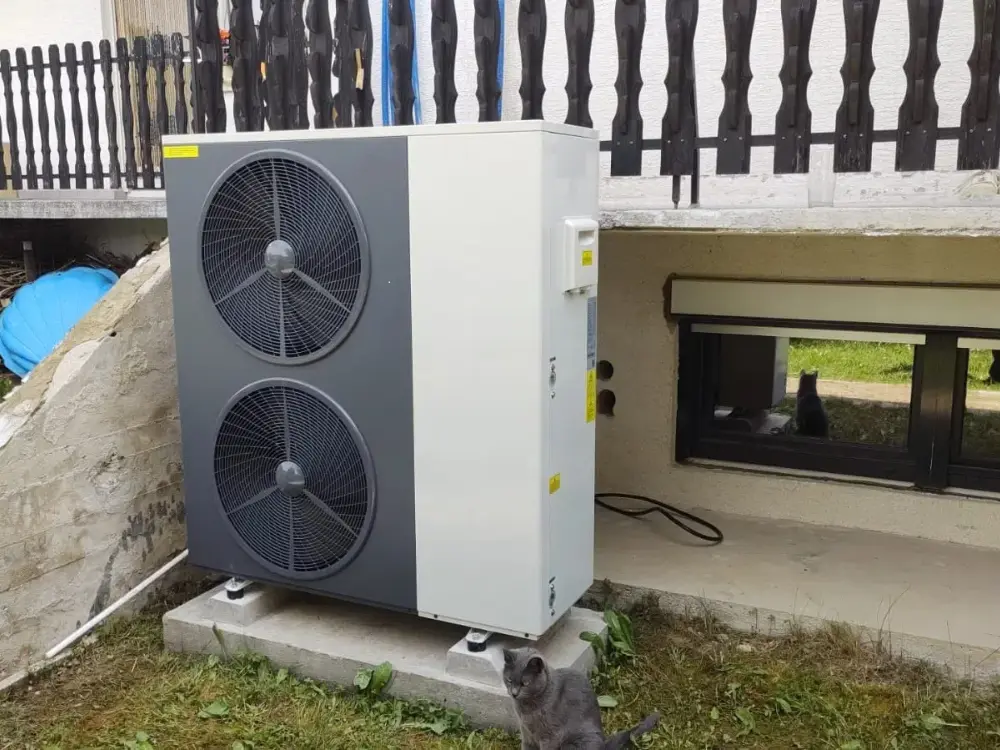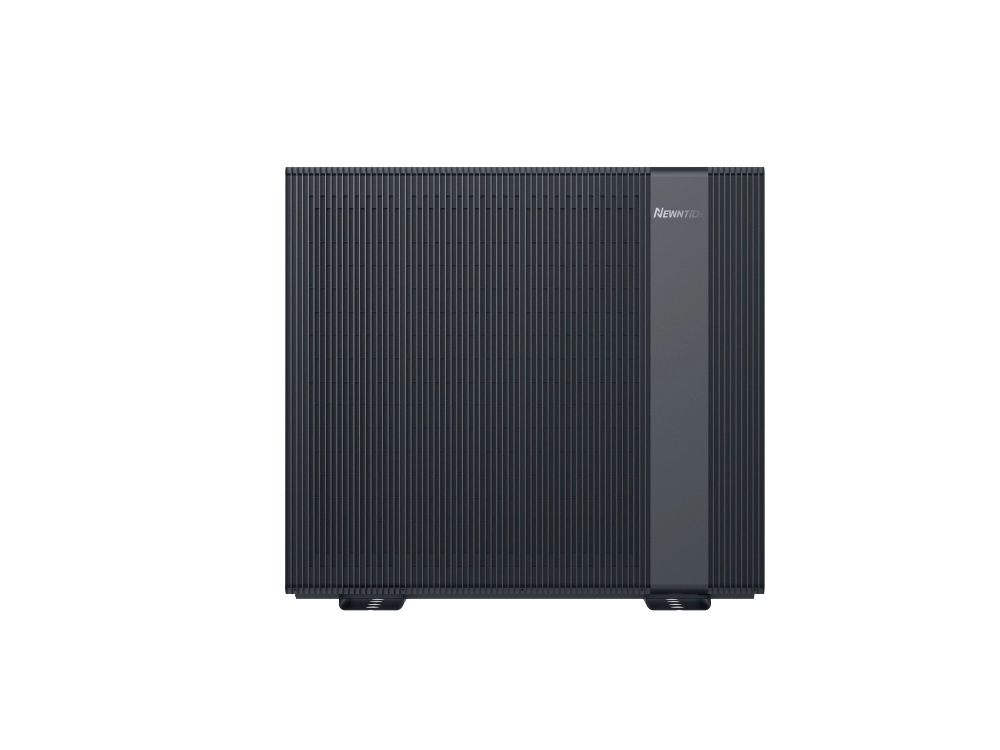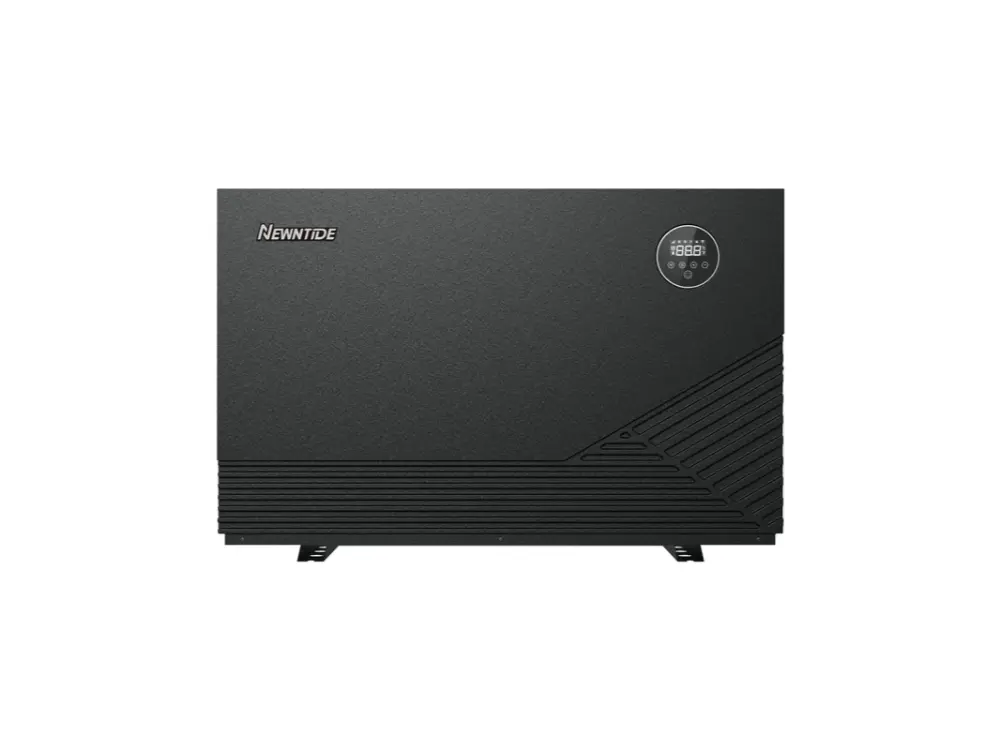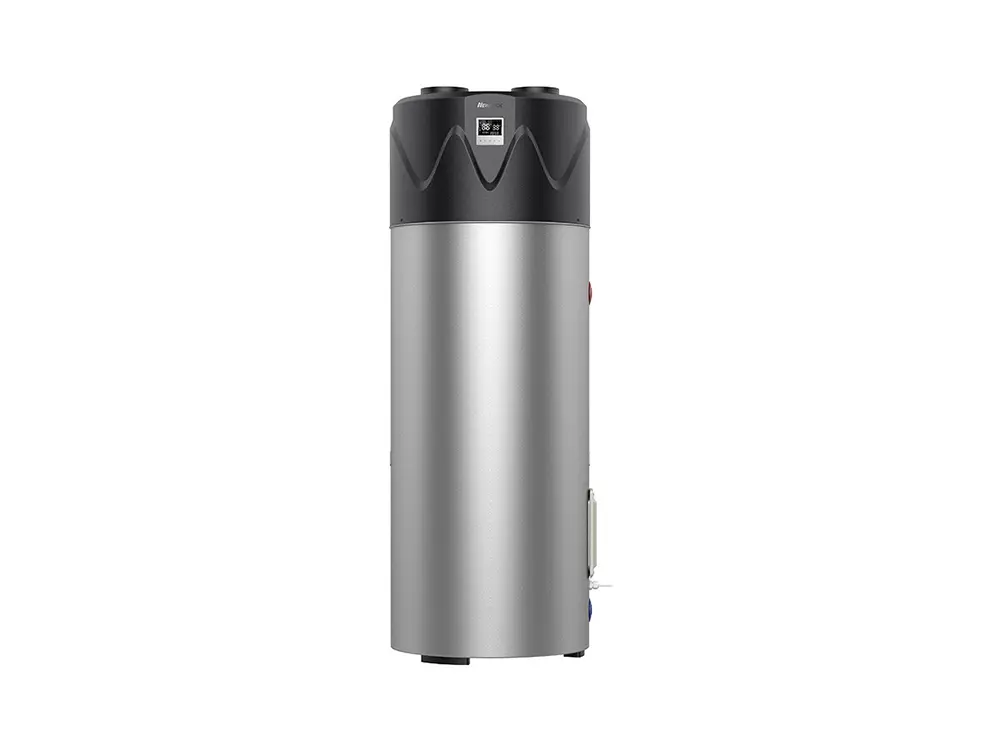
Heat pumps continue to be adopted across Europe as efficient, low-carbon heating/cooling systems. Such devices differ from conventional heating systems like oil or gas boilers.
You may be interested in investing in such a system for your household or business. If that’s the case, it’s imperative to understand and grasp its varying pros and cons.
Here, we’ll probe them in depth to provide clear insight into each side. Lastly, we’ll give guidance on whether such systems are worthy or not.
Let’s begin.
What is a heat pump?
Heat pumps are electrical appliances that pump or convey heat from one location to another. They accomplish this by employing a compressor and flowing a gas or liquid refrigerant structure.
Owing to this, the heat is collected from outdoor sources (like air or ground). It’s then pumped inside. That’s specifically useful during the colder months.
This pumping of heat contributes to the use of less electricity. That’s especially true compared with the usual methods of converting electricity into heat. Note that heat pumps are versatile devices that transport heat energy instead of generating it.
Moreover, in the summer months, this cycle can further be reversed. Contingent upon the heat pump model, the unit will then serve as an air conditioner. It aims to provide cooling indoors which makes the device multifunctional.
You may also be able to heat water with such a system. The appliance model you select may permit you to use the device for space heating and delivering hot water.
Heat pumps are the most efficient substitutes for conventional boiler systems, especially for the heating and cooling processes of households and workplaces.
They generally provide a greater capacity for heating/cooling than the amount of electricity they utilize. Moreover, their efficiency rating can reach up to 400%.
Heat pumps: pros and cons
It’s pivotal to be aware of both the advantages and disadvantages when selecting a heat pump. That’s well before deciding to install such a device.
The following are the prominent pros and cons associated with heat pumps. That especially relates to their air-source and ground-source varieties:
Pros
1. Potential savings
Heat pumps of either type tend to bring about potential savings, which is one pivotal reason they are very admired. That’s considering the present exponentially greater energy bills in European countries like the United Kingdom (UK).
As you see, heat pumps are exceptionally efficient in transferring heat energy. That implies a significant lessening in heating bills. This outcome aids in saving a considerable amount of money every year.
2. Low maintenance
Heat pumps require less maintenance than combustion heating systems. They are also typically straightforward to control and maintain, adding to their user-friendliness.
Let’s consider air-source heat pumps. They generally only require routine checks and occasional servicing from the owner and heating technician.
3. Safety enhancement in air quality
Heat pumps don’t require any on-site combustion procedure. That implies they’re much safer and cleaner than traditional systems, namely gas boilers.
That also leads to safety enhancement in air quality, both indoors and outdoors.
4. Diminishing carbon emissions
Heat pumps help diminish a household’s carbon emissions. It’s due to their higher efficiency rates and reduced fuel consumption. That adds to the safety of the household’s occupants and is helpful for the Earth.
5. Longer lifespan
A heat pump installation has a lifespan of 15-20 years on average. Some units can even endure for up to 50 years. That’s a source of robust and maximal reliability.
6. Grants and incentives
Grants and incentives are available throughout Europe to promote the installation of heat pumps. These enable households to transition to eco-friendly alternatives to conventional heating systems.
Take, for instance, the UK’s government-backed Boiler Upgrade Scheme (BUS). It can grant up to £7500 towards heat pump upfront expenses.
Cons
1. Very high upfront expenses
Heat pumps have very high upfront expenses. For instance, an air-source heat pump generally costs between £8000 and £15000 in the UK. That’s for a 3-4 bedroom household.
Here, the average expenses of ground-source heat pumps are even higher (between £18000 and £35000).
2. Difficult installation
Installing such a system can be more difficult and complex than conventional boilers.
As you see, it necessitates lots of starting and potentially delaying assessment. That’s before commencing the installation work. That can encompass heat loss surveys and local geology assessments.
The aim is to determine heat pump suitability for your household. It’s also to ascertain what heat pump capacity you need. You may further be required to replace a few radiators with double or oversized radiators.
3. Not every household or property is fitting for heat pumps
Some properties or households don’t possess adequate insulation for an optimal heat pump location. Without sufficient insulation, the heat produced by such a system would be lost.
Additionally, cavity wall insulation and loft insulation can substantially augment the expenses for installing the device.
4. Elevated electricity usage
You already know that heat pumps operate on electricity. As a result, you may notice an increase in electricity usage.
In the UK, electricity is currently three to four times more expensive per unit than gas. That may translate to higher running expenses for heat pumps compared with modern gas boilers.
5. Diminished performance in very cold weather
Some heat pump models undergo performance issues in very cold weather. That is especially true for some air-source heat pumps, meaning their stated efficiency will be compromised.
Yet many modern air-source heat pumps claim to operate effectually in low temperatures. That typically ranges between -15 to -25°C.
On the contrary, ground-source heat pumps offer greater efficiency even during colder months.
So, are they worth it?
The benefits of heat pumps suggest that they are a worthwhile investment as long-term heating and cooling solutions.
Despite their greater initial upfront expenses, they are recognized to lessen energy bills. Additionally, they are substantially more energy-efficient and significantly reduce carbon emissions.
In short, the heat pump’s upsides have the edge over its downsides for many homeowners.
Acquiring a heat pump system can provide year-round comfort. It’s often a source of triple functions, i.e., heating, cooling, and hot water. In that way, it brings about a more sustainable future.
Reflect on your specific requirements, budget, and climatic conditions before reaching a decision. Consult a heating professional in this regard. That’s to ascertain if a heat pump is a fitting selection for your household.
Contact us if you are interested in purchasing or would like to learn more about NEWNTIDE’s air-source heat pumps.



